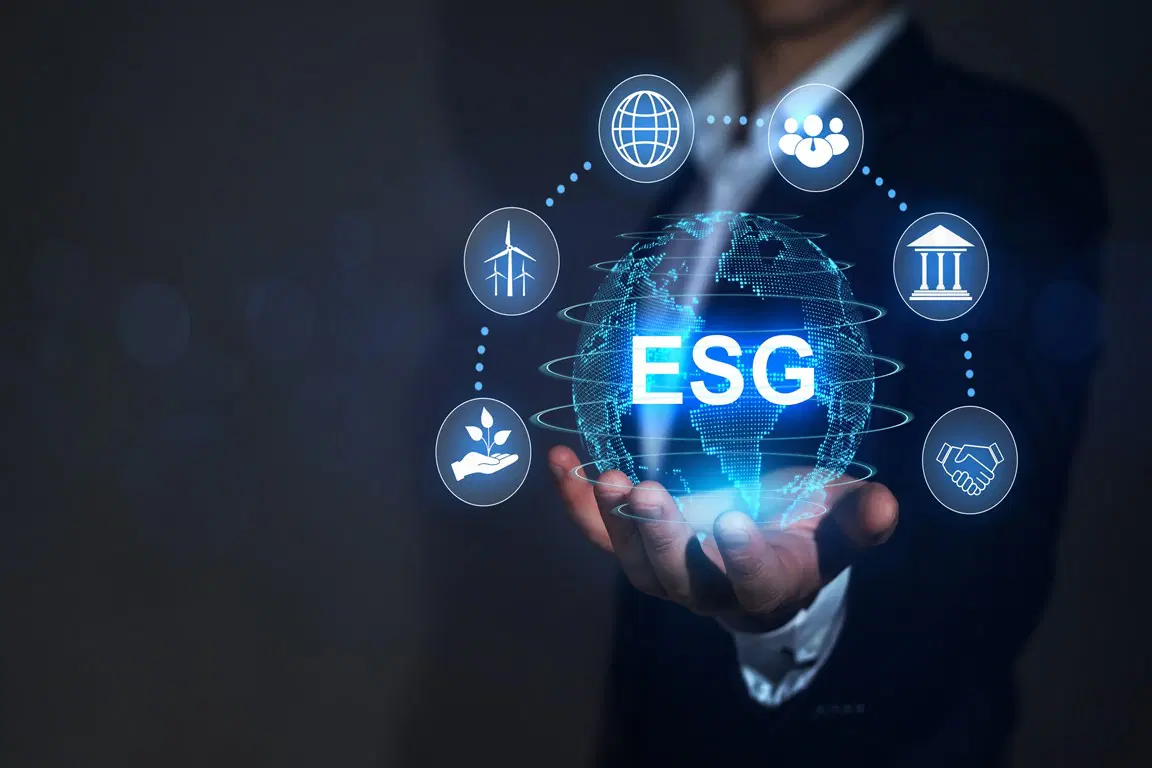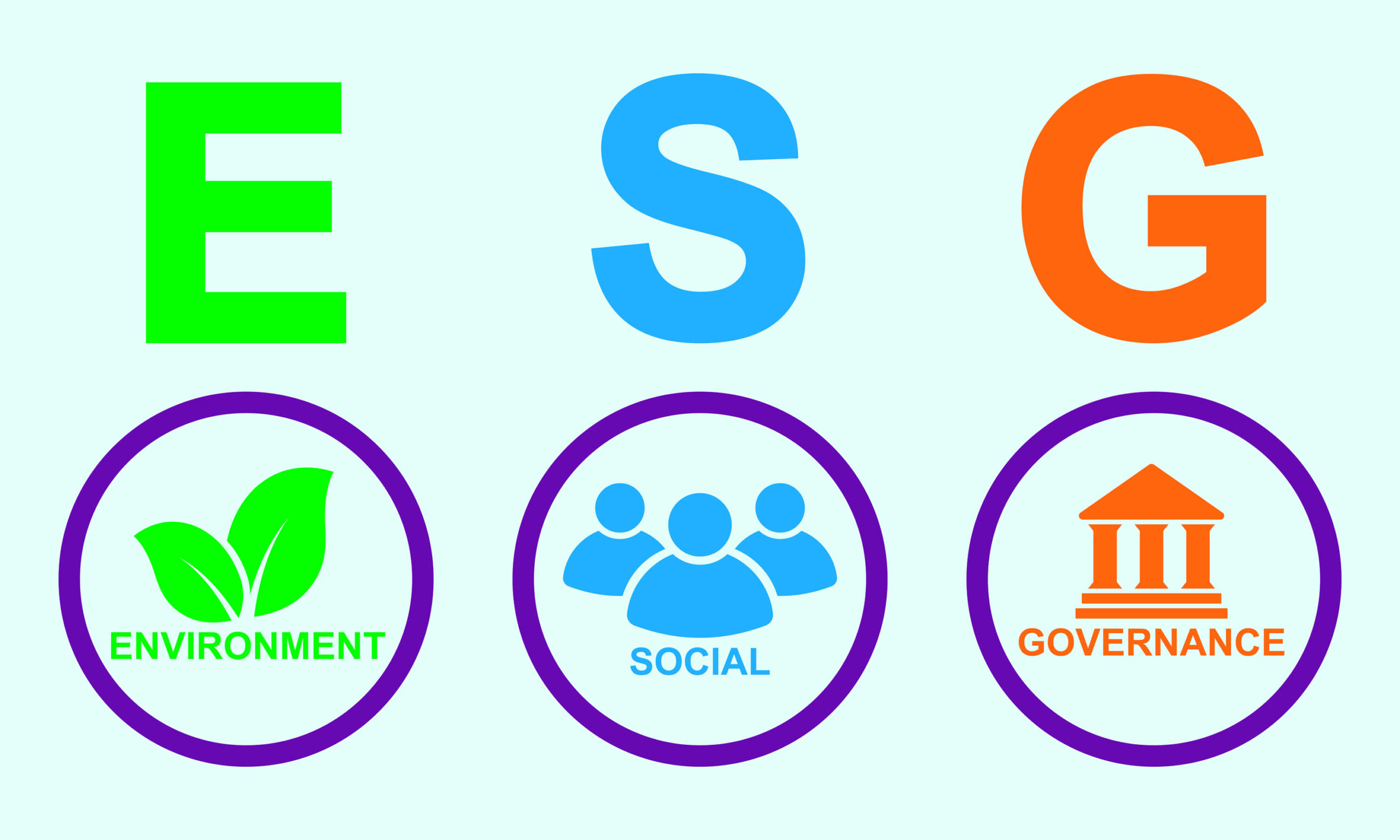What is ESG? Learn How ESG Builds a Sustainable Future
ESG stands for Environmental, Social, and Governance – and it represents a comprehensive approach to evaluating the sustainability and societal impact of companies and investments.
July 7, 2023

A new term is making waves in the business and investment world: ESG.
But what exactly does ESG mean?
ESG stands for Environmental, Social, and Governance – and it represents a comprehensive approach to evaluating the sustainability and societal impact of companies and investments.
Karma Wallet dives into what ESG is, why it matters, and how it’s shaping the path towards a more sustainable future.
Understanding ESG
Environmental Factors
The “E” in ESG refers to environmental factors, focusing on a company’s impact on the natural world.
This includes assessing how a company manages and mitigates its carbon footprint, energy usage, waste management, water conservation, and biodiversity preservation.
Environmental considerations also extend to climate change risks and opportunities and the integration of sustainable practices into operations and supply chains.
When we think of corporate sustainability or stakeholder capitalism, most people think of the environmental part of ESG.

Social Factors
The “S” in ESG stands for social factors, which look at a company’s impact on society, employees, customers, and communities. It’s the human element!
This includes evaluating labor practices, human rights, diversity and inclusion, employee well-being, community engagement, product safety, customer satisfaction, and data privacy.
Businesses have a responsibility beyond financial performance and should contribute positively to social initiatives. This idea aligns with the values from stakeholder capitalism!
Governance Factors
The “G” stands for governance factors, which focus on the structures and processes that guide a company’s decision-making and accountability.
This includes board composition, executive compensation, transparency, ethical practices, risk management, and shareholder rights.
Strong governance ensures ethical behavior, integrity, and responsible decision making within organizations.

Why does ESG matter?
Risk Mitigation
Considering ESG factors helps identify and mitigate risks that traditional financial analysis might overlook.
For example, if a company overlooks environmental concerns or social issues, they may experience reputational damage, regulatory fines, or legal issues.
Investing is all about reducing risk, and ESG factors help minimize risk by looking at things holistically.
Long-Term Sustainability
Companies that prioritize ESG factors are way more likely to create sustainable, long-term value.
By addressing environmental and social challenges, companies can:
- Strengthen their relationships with stakeholders
- Improve brand reputation
- Attract and retain talent
- Enhance operational efficiency.
All this, in turn, can lead to better financial performance over time. In short, companies that do better for people & planet are more likely to do better financially.
Stakeholder Expectations
Now more than ever, customers and the wider public (people like you!) expect businesses to be ethical and sustainable. Companies that neglect ESG considerations risk losing customers.
On the other hand, organizations that embrace ESG and show their commitment to social and environmental responsibility will attract more customers and foster stronger relationships with stakeholders.
“We’ve moved past this concept that business versus the environment is a tradeoff,” said Tom Murray, who advises companies on reducing emissions at Environmental Defense Fund, including Walmart, McDonald’s Corp. and Procter & Gamble Co. “The business benefits were always there, but more and more companies are going after them.”
- United Airlines has saved more than $2 billion on airplane fuel by making its plane lighter. But, it’s also helped reduce carbon emissions!
- Hotels asking guests to hang dry towels and forgo daily sheet changes can take 25% off hotels annual energy usage. It also has saved Clairon hotels about $17,250/year.
- Soldier Field, home of the Chicago Bears, swapped out single-use paper towels for hand dryers to reduce waste. They also saved $12,000/year.

The Future of ESG
ESG represents a paradigm shift in the way we look at companies and investments.
In short, it’s a movement towards more holistic and sustainable business practices.
Are the brands you love and support integrating ESG factors? How can you tell? A little bit of research will help you see if a company is putting social and environmental progress at the forefront of their business.
Or… you can head over to Karma Wallet. We rate 15,000+ companies on their sustainability and social justice initiatives, aligned to the United Nations Sustainable Development Goals.
Create your free account, discover the impact of the brands you shop with, then explore company ratings to find better brands.















